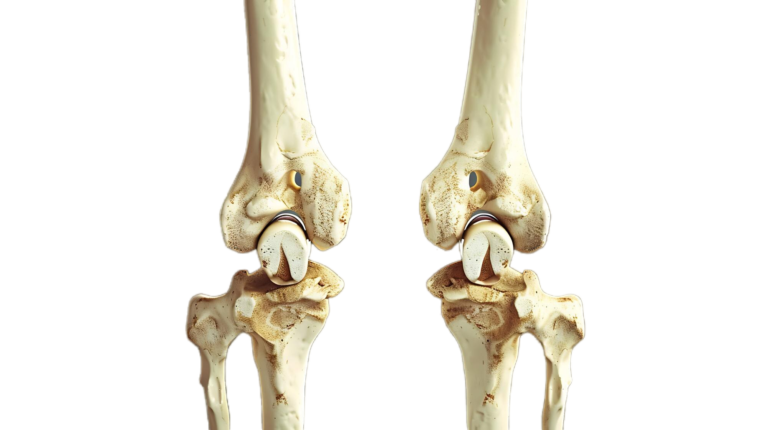
Introduction
Knee replacement surgery can be life-changing for women suffering from severe knee pain.
Source:(“https://my.clevelandclinic.org/health/treatments/8512-knee-replacement“)
However, understanding the potential risks associated with the procedure is vital for making informed decisions.
1. Overview of Knee Replacement Surgery
- What is Knee Replacement?
- A surgical procedure to remove damaged cartilage and bone in the knee joint, replacing them with artificial components.
- Indications for Surgery
- Common indications include osteoarthritis, rheumatoid arthritis, and post-traumatic arthritis.
2. Potential Risks and Complications
- Common Risks
- Infection, blood clots, and complications related to anesthesia are potential risks associated with knee replacement surgery.
- Gender-Specific Risks
- Women may face additional risks, such as higher rates of certain complications and differences in pain perception post-surgery.
3. Understanding the Recovery Process
- Initial Recovery
- Patients typically spend a few days in the hospital and begin physical therapy shortly after surgery.
- Long-Term Recovery
- Full recovery may take several months, with ongoing rehabilitation critical for restoring strength and mobility.
4. Factors Influencing Outcomes
- Age and Activity Level
- Younger, more active women may have different expectations and recovery processes compared to older patients.
- Weight Management
- Maintaining a healthy weight can positively influence surgical outcomes and reduce complications.
5. Informed Decision-Making
- Consultation with Healthcare Providers
- Open discussions with orthopedic surgeons can help patients weigh the benefits and risks specific to their health status.
- Support Systems
- Engaging family, friends, and rehabilitation professionals can aid in recovery and promote adherence to rehabilitation protocols.
Key Takeaway
Understanding the risks of knee replacement surgery is essential for women. With informed decision-making and proper support, women can achieve positive outcomes and improved joint health.
Disclaimer
This content is for informational purposes only and not a substitute for professional medical advice. Risks associated with knee replacement surgery, including infection, blood clots, or implant complications, can vary based on individual health conditions. Women may experience unique challenges due to factors like bone density or hormonal changes. Always consult a qualified healthcare provider to understand your specific risks and options. Decisions should be made in consultation with your doctor for personalized care.



